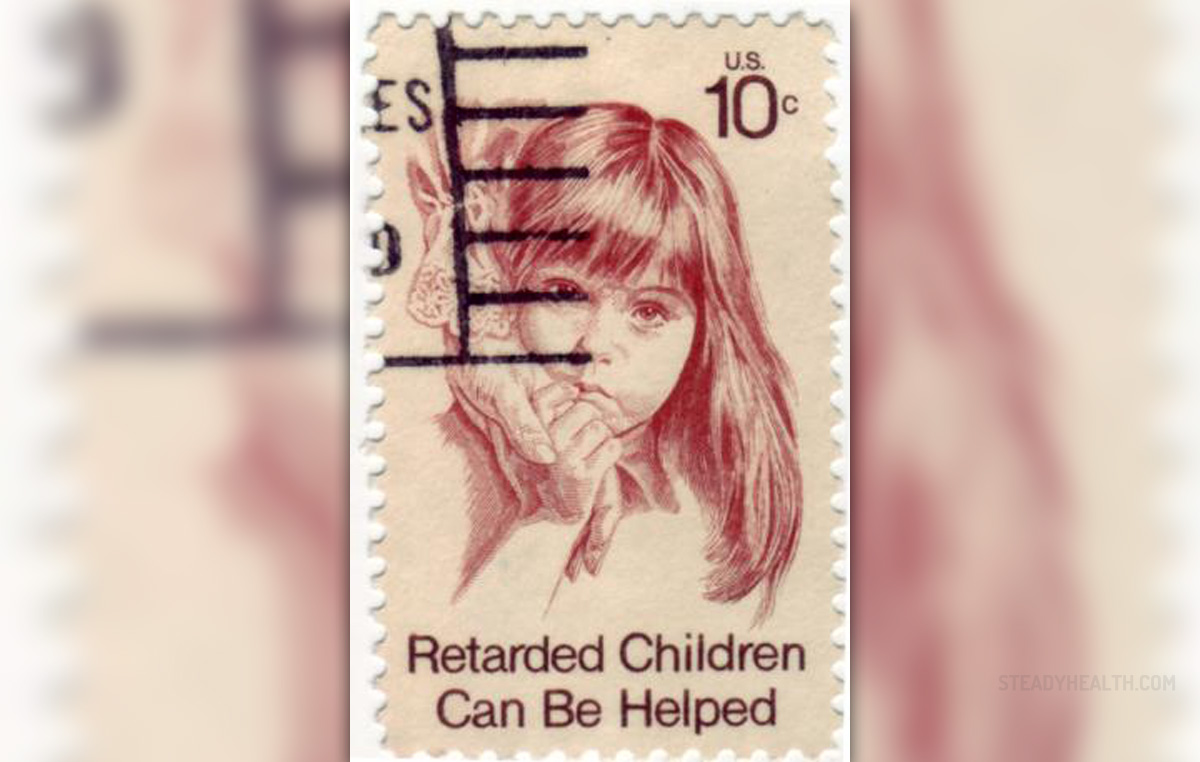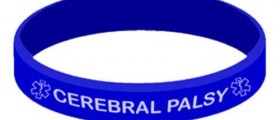
Mental retardation also known as intellectual disability or developmental delay is characterized by difficulty learning and thinking. There are between 1% and 3 % of mentally retarded individuals worldwide. Mental retardation can vary from mild to severe and can be noticed in early childhood or later when affected child begins school.
Causes of Mental Retardation
Mental retardation can occur due to brain development impairment before, during or after birth. Genetic causes such as chromosomal abnormalities involve chromosomal deletions, chromosomal translocations, chromosomal inheritance (fragile X syndrome, Angelman syndrome, Prader-Willi syndrome) and error in the chromosome number (Down syndrome). Inherited metabolic disorders that may lead to mental retardation are: adrenoleukodystrophy, galactosemia, Hunter syndrome, Hurler syndrome, Lesch-Nyhan syndrome, phenylketonuria, Rett syndrome, Sanfilippo syndrome, Tay-Sachs disease and tuberous sclerosis. Infections that may cause mental retardation can be either present at birth or develop after birth and include: congenital cytomegalovirus, congenital rubella, congenital toxoplasmosis, meningitis, listeriosis and HIV infection. Metabolic causes of mental retardation include: congenital hypothyroid, hypoglycemia, Reye syndrome and hyperbilirubinemia. Exposure to toxins such as lead and methylmercury are also possible causes of mental retardation. Mental retardation can be also caused due to use of alcohol or drugs by a mother during pregnancy. Among other causes of mental retardation there are: deprivation syndrome, malnutrition, severe head injury, intracranial hemorrhage and insufficient oxygen supply to the brain. On the other hand, in 75% cases of mental retardation the cause is unknown.
Symptoms of Mental Retardation
Symptoms of mental retardation depend on severity of this neurological disorder. In case of mild mental retardation, affected child may exhibit absence of curiosity and restful behavior. In more severe cases of mental retardation, symptoms include persistent infant-like behavior, poor learning skills, problem solving capacity and inability to maintain information or remember things.
Diagnosis of Mental Retardation
Mental retardation can be diagnosed with the help of developmental screening tests. Following signs can indicate the presence of the condition: abnormal Denver developmental screening test, Adaptive behavior score below average, IQ score below 70 and development unequal to the age group of a patient.
Treatment and Prognosis for Mental Retardation
The treatment for mental retardation aims to enable a patient to achieve the most productive life as possible. The treatment involves special education to help a patient to develop his or her social skills, behavioral therapy and treatment of other possible affective disorders. Prognosis for mental retardation depends mainly on the treatment, circumstances, patient’s motivation and other factors. However, mental retardation can be followed by complications such as social withdrawal, poor interaction with other people and inability to complete self-care.

















Your thoughts on this
Loading...